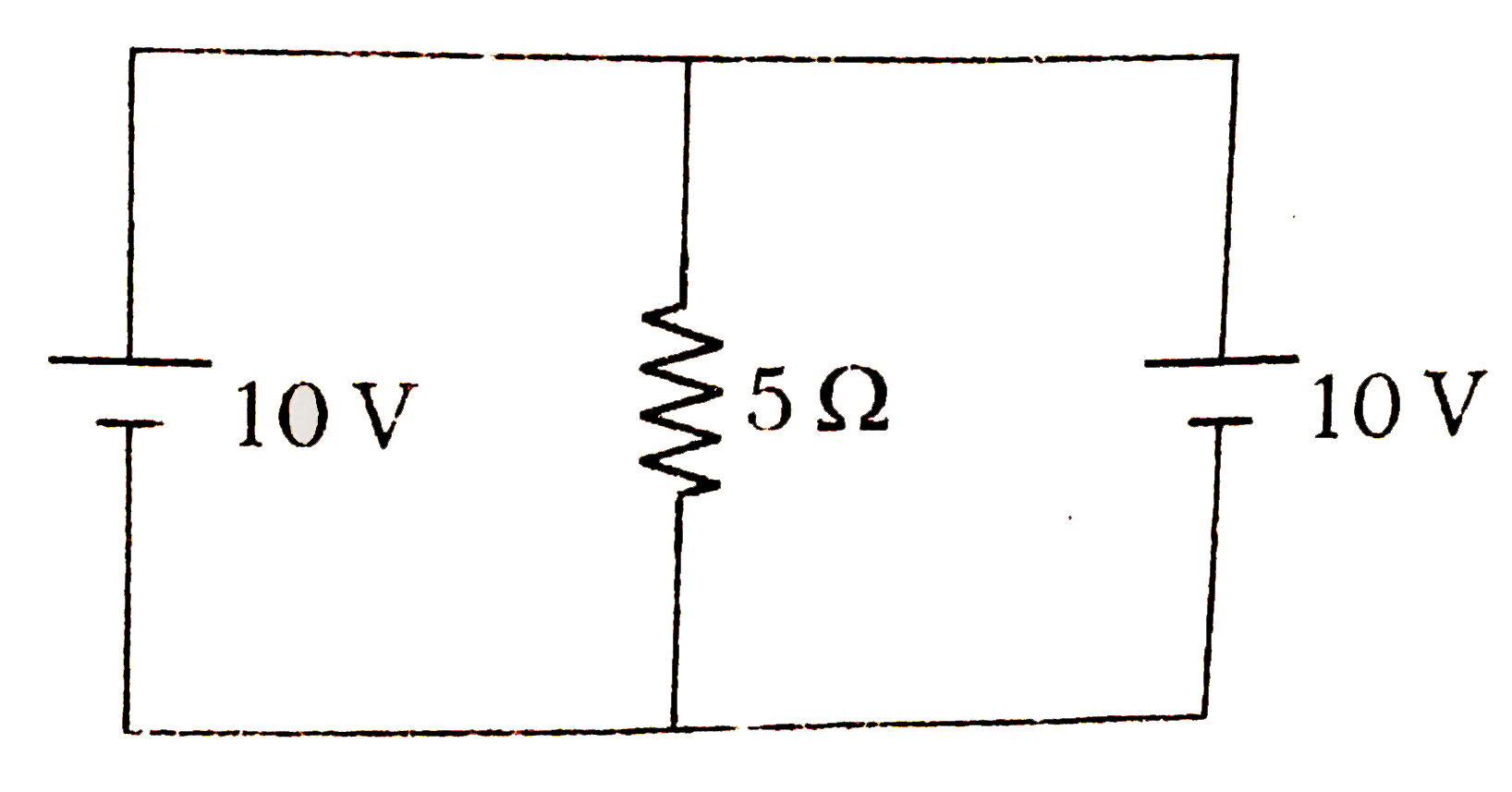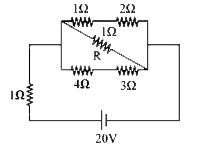When a current passes through a resistor, its temperature increases. Is it an adiabatic process?
Video Solution
|
Answer
Step by step video & image solution for When a current passes through a resistor, its temperature increases. Is it an adiabatic process? by Physics experts to help you in doubts & scoring excellent marks in Class 12 exams.
Updated on:21/07/2023Topper's Solved these Questions
- THERMAL AND CHEMICAL EFFECT OF ELECTRIC CURRENTBOOK - HC VERMACHAPTER - THERMAL AND CHEMICAL EFFECT OF ELECTRIC CURRENTEXERCISE - Objective 1
8 Videos
- THERMAL AND CHEMICAL EFFECT OF ELECTRIC CURRENTBOOK - HC VERMACHAPTER - THERMAL AND CHEMICAL EFFECT OF ELECTRIC CURRENTEXERCISE - Objective 2
5 Videos
- THERMAL AND CHEMICAL EFFECT OF ELECTRIC CURRENTBOOK - HC VERMACHAPTER - THERMAL AND CHEMICAL EFFECT OF ELECTRIC CURRENTEXERCISE - Worked Out Examples
8 Videos
- THE SPECIAL THEORY OF RELATIVITYBOOK - HC VERMACHAPTER - THE SPECIAL THEORY OF RELATIVITYEXERCISE - Exercise
1 Videos
- X-RaysBOOK - HC VERMACHAPTER - X-RaysEXERCISE - Exercises
27 Videos
Similar Questions
Knowledge Check
When current passes through a conductor,
Ait creates an electric firld around it, directed towards the conductorBit creates an electric field, directed away from the conductorCnone of the aboveDAll of theseWhen a current flows through a conductor its temperature
AMay increase or decreaseBRemains sameCDecreasesDIncreasesCurrent through the 5Ω resistor is
 A2AB4ACzeroD1A
A2AB4ACzeroD1A
When electric current passes through any conductor, then its temperature is
View SolutionWhen electric current passes through any conductor, then its temperature is
View SolutionWhen electric current passes through any conductor, then its temperature is.
View SolutionWhen current passes through a conductor then its temperature increases due to heating effect. Which of the following quantities do change due to heating?
View SolutionWhen no current is passed through a conductro
View Solution

